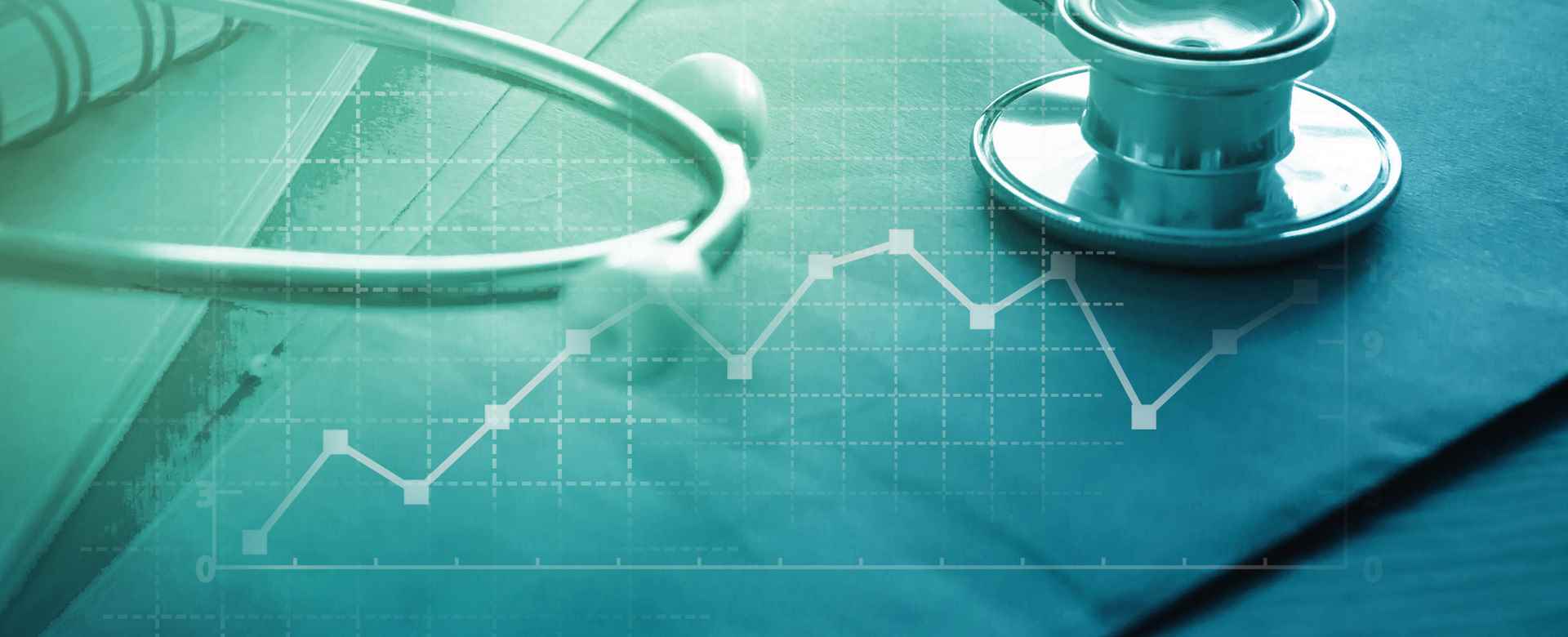Someone may tell you something very profound, but if it’s said in a language you don’t understand, it’s probably not going to mean much to you. Similarly, having access to a lot of information isn’t very helpful if there’s no practical way to use it. That’s where the application of data analysis and blockchain comes in.
Over the past decade, healthcare providers and other organizations have increasingly utilized analytics to examine and use gathered data. In addition to improving patient care and enhancing clinical quality, data analysis is employed to perform population health management, make more precise diagnoses and even conduct better independent medical peer reviews.
Better with Blockchain
Some healthcare enterprises are harnessing the benefits of blockchain, the distributed ledger technology, to further the advantages of data analysis by improving how providers collaborate to manage data. This merger of technologies plays a role in further augmenting patient safety, improving data interoperability and accessibility, offering a fuller picture of a patient’s health and enhancing decision-making with medication regimens and during case reviews. In addition, blockchain allows for electronic health records (EHRs) to be more dependable and easily managed by consolidating records into a common technology to eliminate incompatibility issues between platforms.
Let’s review the following statistics about blockchain and the future of the healthcare industry:
- Although fewer than five percent of healthcare provider CIOS—and only 12 percent in the payer industry—have included blockchain in their business plans, an estimated 55 percent of healthcare applications will have adopted blockchain for commercial deployment by 2025.
- Approximately 93 percent of managed care respondents, 70 percent of hospital respondents and 58 percent of physician practice respondents believe blockchain technology shows promise in improving healthcare information interoperability.
- Because blockchain doesn’t allow for the deleting or changing of data, it could turn into a tool for reducing the $455 billion of the world’s healthcare spending lost annually due to fraud.
- Global blockchain technology in the healthcare market is expected to generate revenue of around $1.415 59 million by end of 2024.
There are multiple ways privacy and security concerns with blockchain can be addressed. First, because there are multiple checkpoints for personal health information (PHI) instead of a single one, the risk of a security breach is reduced. Second, patients involved in the blockchain have the ability and responsibility to approve or deny any sharing of or changes to their data. Next, blockchain offers a transparent but secure record of who has shared the data and with whom it is shared without showing any of the details of it.
Evidence-Based Reviews
For independent review organizations (IROs), blockchain can be applied to ensure even more timely and accurate medical reviews through the use of up-to-date guidelines and medical literature that is peer reviewed. By owning more consistent and reliable access to medical histories in multiple settings, IROs can better manage data to ensure quality, evidence-based reviews. This patient data is not used by IROs beyond only the relevant information considered in each review.
For more information about the application of blockchain in medical case review, check out AMR's whitepaper on blockchain in healthcare.
Sign up for Updates:
Privacy Details
By submitting this form, you are consenting to receive marketing emails from: Advanced Medical Reviews, LLC. You can revoke your consent to receive emails at any time by using the Unsubscribe link, found at the bottom of every email.
